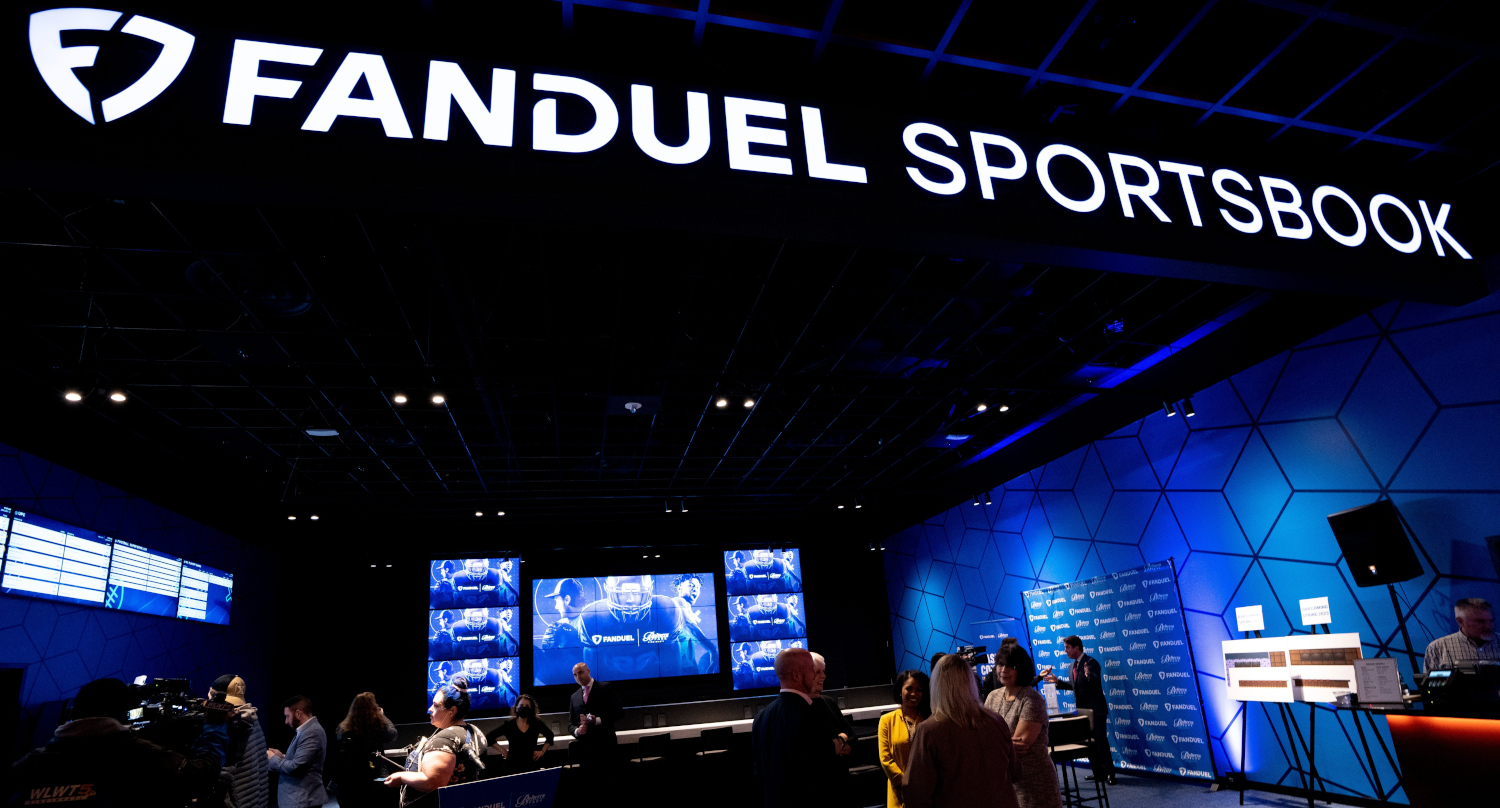U.S. lawmakers introduce bill regulating sports betting operators

More than six years after the U.S. Supreme Court struck down a national ban on sports betting, lawmakers are looking to regulate the industry.
Late last week, Rep. Paul Tonko (D-N.Y.) and Sen. Richard Blumenthal (D-Conn.) introduced the “Supporting Affordability and Fairness with Every Bet” — or the SAFE Bet Act — which would require gaming operators to comply with minimum federal standards while also attempting to address the public health implications stemming from the legalization of sports betting.
“This relationship between the gambling industry and sports has reached intolerably dangerous levels, and it’s well past time for Congress to just to step up and make a difference,” Tonko said in a press conference on Thursday, according to CNBC.
The introduction of the bill comes amid rapid growth in the sports betting industry. After the Supreme Court struck down the national ban in 2018, sports betting is now legal in 38 states, as well as Washington D.C., with legislation having been introduced to also legalize it in Oklahoma and Missouri.
According to the American Gaming Association, the sports betting industry recorded $11 billion in revenue in 2023, its most ever. Unsurprisingly, the growth of sports betting has also resulted in a rise in addiction-related issues.
“Now every single solitary moment of every sporting event across the globe has become a betting opportunity,” Tonko said. “Whether you’re scrolling on social media, driving down the highway past billboards, or listening to your favorite podcast or radio station, sports betting ads are there to prompt you with an endless cascade of flashy promotions.”
To be clear, the new bill isn’t attempting to eliminate gambling on sports, but rather set minimum federal standards rather than leaving such regulations up to each individual state. The bill focuses on three key issues — advertising, affordability and artificial intelligence — with Blumenthal stating that the sports betting industry “is exploiting the most advanced technology to make the most money,” in reference to AI.
Another key to the bill is a ban on advertising during live sporting events with the intent of inducing gambling with bonus-type bets. The legislation would also limit customer deposits to five in a 24-hour period and mandate that gambling operators verify that customers who wager more than $1,000 are able to afford doing so.
Unsurprisingly, the sports betting industry isn’t a fan of the bill, with the American Gaming Association’s senior vice president of government relations, Chris Cylke, calling it “a slap in the face” to state operators and gaming regulators while also citing the tax revenue the industry has generated. The SAFE Bet act has also already received push back from Rep. Dina Titus (D-Nev.), who called it outdated” and “unwarranted.”
[CNBC]
Related
I became a millionaire in my 20s but my sports…
Millions wagered, hundreds of thousands in debt and a pending divorce.Joe C, a native of Chicago, fell into the depths of addictive sports gambling at the age o
Strip executive retiring after 3 decades with gambling giant MGM…
A top executive who oversees multiple properties on the Strip, including one of Las Vegas Boulevard’s most recognizable and successful casino-hotels, is
Danish Government’s Success with Gambling Addiction
Gambling addiction is a growing concern worldwide, with many countries struggling to find effective ways to regulate the industry. Denmark, however, has e
UFC 313 Gambling Preview: Will Magomed Ankalaev end Alex Pereira’s…
Alex Pereira is back! On Saturday, Pereira puts his light heavyweight title on the line against Magomed Ankalaev in the main event of UFC 313. Before that, J












